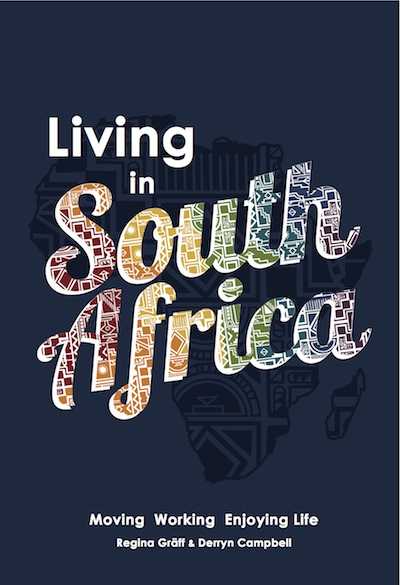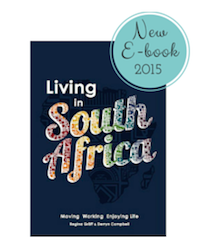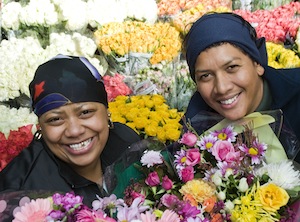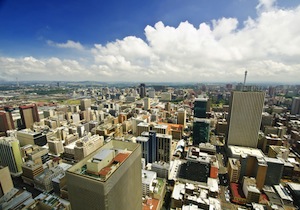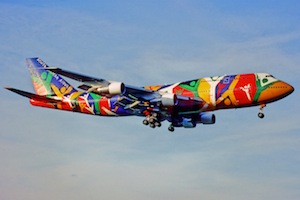South Africa Facts
On this page you will find 15 South Africa Facts which are basic facts for South Africa, also you will find information about the country's economy at a glance and 10 basic facts you should know about living in South Africa.
15 Basic Facts for South Africa at a Glance
- Official Name: Republic of South Africa (RSA)
- Area: 1.22 million km2 (471 000 sq miles) divided into 9 Provinces
- Borders: Namibia, Botswana, Zimbabwe, Mozambique, Lesotho, Swaziland
- Population: 56.5 million (StatsSA 2017)
- Official Languages: 11 (English, Afrikaans, isiZulu, isiXhosa, isiNdebele, Sepedi, Sesotho, Setswana, siSwati, Tshivenda, Xitsonga. Read more.
- Capital Cities: Pretoria (administrative), Cape Town (legislative), Bloemfontein (judicative)
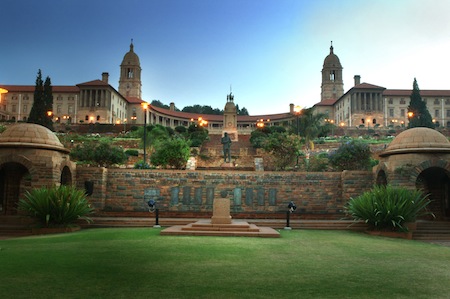 Union Buildings in Pretoria/Tshwane
Union Buildings in Pretoria/TshwaneHere are more South Africa facts:
- Government: Constitutional Democracy
- Ruling Party: ANC (African National Congress)
- President: Cyril Ramaphosa
- Date of Full Democracy: 27 April 1994. Click for Public Holidays here.
- Literacy Rate: 93% of adult population
- Measurements: Metric System
- Currency: ZAR (South African Rand)
- Time Zone: GMT +2 hours
- Internet Country Code: . za
- International Dialing Code: +27
South Africa Economy at a Glance
- GDP Growth Rate: 2.0% (StatsSA, 2017)
- Inflation (CPI): 4.7% (StatsSA, 2017)
- Mortgage Base Rate: 10.25% (Central Bank, 2018)
- Unemployment: 26.7% (StatsSA, 2017)
- Youth Unemployment: 54.2% (World Bank, 2017)
- Key Sectors: Mining, Automotive, Metalworks, Chemicals, Iron and Steel, Textiles, Agriculture
- Largest Industries: Industry 29.7%, services 67.5% and agriculture 2.8%
Read more about working in South Africa
10 Basic South Africa Facts - Daily Living at a Glance
For visitors, business travellers and expats alike, here are our ten basic facts regarding life in South Africa so you can enjoy your time while in this beautiful country.
- Climate: Conditions vary according to seasons and location. Overall, South Africa has a temperate climate and the conditions are predominantly warm and sunny in the highveld. The temperatures are warmer with high humidity levels in the south-eastern parts and the north-western parts experience a dry desert climate with dramatic temperature variations. In the south-west a mild Mediterranean climate prevails. South Africa has on average 8.5 hours of daily sunshine.
- Time zone: The country has only one time zone and does not adhere to daylight saving, so there are considerable differences in daylight time between eastern and western parts of the country. Remember that the seasons are opposite to those in the northern hemisphere.
- Standard and Cost of Living: Expats rank living in South Africa highly and with regards to experience and economics, South Africa ranks higher than Canada, Australia or Spain. The cost of living is lower than in most expat destinations and the living expenses in Cape Town are lower than in Johannesburg. General living expenses for a family of four (without housing and transport) will amount to around R15 000 per month in 2018.
- Crime and Safety: Whilst personal safety cannot be guaranteed, it is easy enough to maintain in South Africa. Living in South Africa’s major cities is like living in any other big city and, as is the case anywhere, there are some areas and some habits you should avoid. If you take sensible precautions, there is no need to feel insecure or unsafe. For non-violent crimes, South Africa is considered safer than Australia, England or Denmark and ranks below England and the USA regarding burglaries and robberies.
- Education: The South African school year starts mid-January and ends at the beginning of December. However international schools and the American schools may adhere to a different school calendar. Most expats opt to send their children to private schools, fees can amount to R90 000 per year or higher (excluding boarding fees). Non-South African learners need a valid study permit to take up schooling or studies in South Africa. More info on education and universities here.
- Healthcare: The distribution of health and health services in South Africa still varies widely within the provinces. However, You will find excellent medical personnel and first-class facilities at private hospitals, medical centers and private clinics in the main business centres. To receive private medical treatment in South Africa it is virtually essential to have private medical insurance.
- Malaria: Some areas in the North West, Limpopo, KwaZulu-Natal and Mpumalanga provinces as well as most parts of the Kruger Park are malaria risk areas. If you live or travel in high-risk areas, malaria prophylaxis is highly recommended. Check out the map for high-risk areas here.
- Transport: Getting your own transport is highly recommended as reliable public transport is not widely available in many areas. Visitors and holders of a temporary residency permit are allowed to drive with a valid international driver’s licence or a valid foreign national driver’s permit, provided it is translated into English and has a photograph of the holder.
- Food and Water: Tap Water is safe to drink in most areas of South Africa. In the more remote regions, it is advisable to drink bottled spring water or sparkling wataer, which is widely available. Home water filtration systems are also available. Food shopping is usually done at various supermarket chain stores and retail outlets, such as Pick n Pay, Woolworths, Checkers or Spar.
- Going out: Restaurants offer a wide variety of dishes for every taste. Many restaurants are child-friendly and family-orientated restaurants often have a secure children’s play area. A lot of events take place all over the country all year round. Options for evening entertainment range from sipping sundowners and admiring the local scenery to visiting shows and concerts. South Africa has a tremendous number of unique cultural attractions, such as museums, exhibitions and festivals.
15 amazing facts about South Africa even most locals won't know
Why is South Africa is so popular with expats and tourists?
Do you need more South Africa Facts?
To find a comprehensive overview of this awesome country, make sure to get our handbook which you also can order from us directly.
|
If you are interested in more in-depth, well-researched, up-to-date information and more South Africa facts: Order your copy of the Living in South Africa guidebook directly from us. Available as softcover and now also as eBook. Simply click on the button below and find relevant information how and where to buy the book. |
Image Credits for the South Africa Facts page: shutterstock.com, SA Tourism, Gauteng Tourism Authority and own images
Back from South Africa Facts to Living in South Africa Homepage
Your book is fabulous. It will be of great benefit to any inbound expat to the country.
~ Alta McMaster, Global Mobility Manager, PwC
Recent Articles
-
Events in March: What to do and what to see in March 2020
Mar 02, 20 09:11 AM
Read about our favourite events in March 2020 and enjoy living in South Africa -
South Africa Food Festivals | Food & Wine | Expo | Shows | Events 2020
Jan 14, 20 05:57 AM
South Africa food festivals are a heaven for foodies, gourmets and all who enjoy good food and drink -
Events in January 2020: What to do and what to see in South Africa
Jan 13, 20 03:27 AM
Find here the best Events in January 2020 when visiting or living in South Africa
Culture Guide
City Portraits

Daily Living
Work & Study
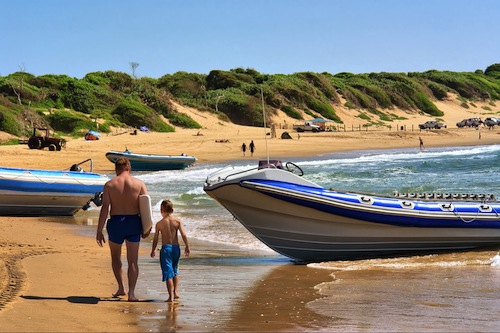
Things to do

Helpful Hints
What's New?
Get your FREE
Enjoy Living in South Africa
Newsletter
Subscribe here:
